Lara Logan's Explosive Testimony on Media Censorship: A Call to Defend the First Amendment
In what could be described as a seismic moment for journalism and free speech advocates, Lara Logan, an award-winning investigative journalist, delivered a powerful and unfiltered speech during a Senate hearing. Her words, now circulating across various platforms, paint a stark picture of what she perceives as a dire threat to the principles of free speech in the United States.
A Legacy of Truth-Telling
Lara Logan isn't just any journalist; her career spans over 30 years, filled with stories from the front lines of global conflicts, interviews with world leaders, and personal experiences that have tested her resilience and integrity. This background lends significant weight to her critique of the current media landscape, where she accuses the industry of straying from its foundational mission to report the truth without fear or favor.
The Age of Information Warfare
Logan opened her testimony by declaring that we are living in an "age of information warfare," where propaganda isn't just a tool but the entire arena in which battles are fought. This statement sets the tone for her argument: the media's role has shifted from informing the public to controlling it, with narratives shaped not by journalistic ethics but by political motives and corporate interests.
The Attack on Free Speech
One of the most compelling parts of Logan's speech is her defense of free speech. She references the case of Tucker Carlson, who was criticized for merely interviewing Vladimir Putin, highlighting how such backlash represents a betrayal of free press principles. This incident, according to Logan, is symptomatic of a broader malaise where political allegiance overshadows journalistic integrity.
The Censorship Network
Logan delves into what she calls a "vast censorship network," involving not just media outlets but also government agencies and non-profits. She points out the irony of taxpayer money funding efforts that might undermine the very freedoms they're supposed to uphold. Her critique extends to organizations like Media Matters for America, accusing them of masquerading as watchdogs while acting as political operatives.
Personal Trials and Tribulations
Her speech isn't devoid of personal anecdotes. Logan recounts her brutal assault in Egypt, illustrating the physical and now, the metaphorical violence journalists face. She speaks of being targeted, her work questioned, her character maligned, painting a vivid picture of the personal cost of standing against the tide.
A Call to Arms for Journalists
The essence of Logan's message is a call to arms for journalists to reclaim their role as guardians of truth rather than gatekeepers of information. She urges a return to journalism's roots, where the truth, regardless of its alignment with political or corporate agendas, is paramount.
The Broader Implications
What makes Logan's speech resonate beyond the confines of a Senate hearing is its broader implications for democracy. A free press is often described as the bedrock of democracy; without it, the public loses its ability to make informed decisions, leading to a manipulated, rather than a participatory, society.
Moving Forward
Logan's testimony leaves us with profound questions about the future of journalism in America. How do we ensure media outlets serve the public interest rather than their own? How can we protect journalists from becoming casualties in this information war? Her speech isn't just a critique; it's a wake-up call for media, government, and citizens alike to reflect on the values we hold dear and the structures that threaten them.
Conclusion
Lara Logan’s speech at the Senate hearing is more than a personal account of a journalist's journey through adversity; it's a stark warning against the erosion of free speech and the First Amendment. As we digest her words, we must consider how to safeguard these fundamental freedoms in an era where information is power, and control over it can be used as a weapon. Her testimony should serve as a catalyst for change, urging all stakeholders in the information ecosystem to recommit to the principles that have long defined American democracy.


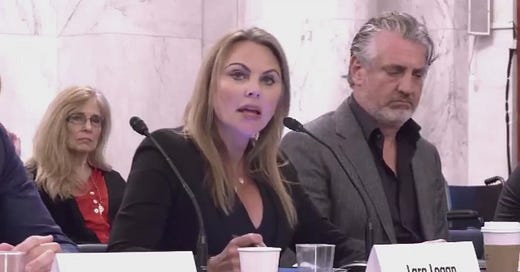

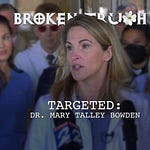
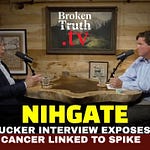
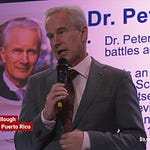
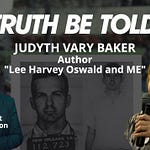



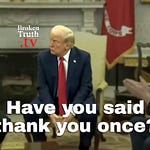
Share this post